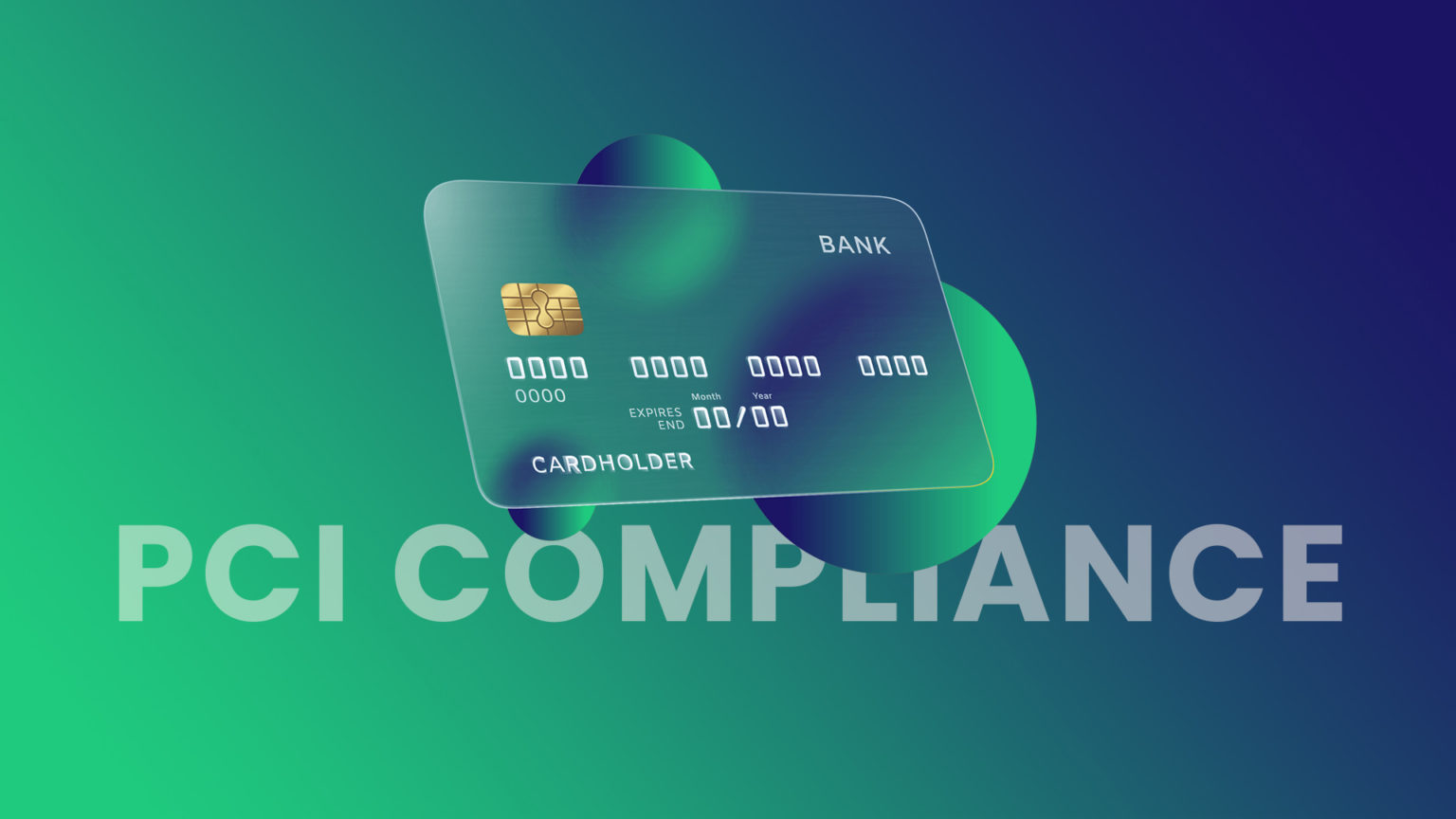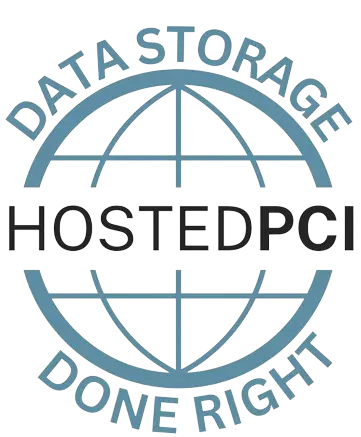Common Mistakes Companies Make with PCI Compliance—and How to Avoid Them

Ensuring PCI compliance is vital for protecting cardholder data and maintaining customer trust, yet many companies fall short in critical areas, exposing their systems to vulnerabilities. Let’s explore the most common PCI compliance missteps, their potential consequences, and how you can avoid them.
1. Improper Tokenization
The Mistake:
Tokenization involves replacing sensitive data with unique, non-sensitive tokens to protect it from exposure. However, many companies attempt to implement tokenization independently, often resulting in incomplete or insecure tokenization that leaves data vulnerable. For example, Bank Identification Numbers (BINs) are expanding from 6 to 8 digits, which can expose digits if tokenization isn’t configured correctly.
The Consequence:
When tokenization is done improperly, cardholder data may remain accessible within the system, increasing the risk of a data breach. If tokens aren’t securely generated, attackers may even decipher them, gaining access to valuable information.
How to Avoid It:
Implement a secure, PCI-compliant tokenization solution, such as HostedPCI’s advanced tokenization. Our system generates secure tokens that are unusable by unauthorized parties, reducing PCI scope and protecting your data without extensive infrastructure changes.
2. Unsafe Cardholder Data Collection Practices
The Mistake:
Whether customers are paying online or over the phone, companies must offer secure methods for entering payment details without exposing sensitive information like PAN, CVV, and expiry dates. While e-commerce platforms often use iframes for secure data entry, other scenarios, such as phone payments, pose higher risks. For example, when a customer shares their card details with a call center agent without an IVR system, there’s potential for misuse or data exposure in call recordings.
The Consequence:
Improper handling of cardholder data exposes it to misuse and breaches. Even when call center agents input data directly into a tokenized or encrypted system, the process leaves room for security gaps, particularly when sensitive information is recorded or improperly managed by a call center agent.
How to Avoid It:
Opt for IVR systems or secure digital platforms that allow customers to enter their payment details without agent involvement. HostedPCI provides secure payment methods tailored for call centers, reducing risks associated with direct data entry.
3. Mismanagement of Storage and Information Transfer
The Mistake:
PCI DSS standards discourage storing payment information, including CVV and expiry dates. While certain business models may require temporary data storage, improper management and storage practices can expand your PCI scope unnecessarily. Companies also often transfer payment data insecurely, using methods that leave sensitive information exposed.
The Consequence:
Storing payment information unnecessarily or mishandling its transfer increases vulnerability to breaches. It also heightens PCI compliance scope, leading to potential fines and reputational damage in the event of a breach.
How to Avoid It:
Avoid storing sensitive data directly within your environment. When transfers are essential, use PCI-compliant methods such as XML dispatch or Message Transfer, which encrypt data for secure delivery. HostedPCI provides secure, compliant storage and transfer solutions, ensuring data is only retained when absolutely necessary and that it’s encrypted/tokenized during transfers.
4. Neglecting Multi-Factor Authentication (MFA)
The Mistake:
PCI DSS 4.0 requires multi-factor authentication (MFA) for all access to the Cardholder Data Environment (CDE), not just remote access. Yet, many companies rely solely on password protection, overlooking MFA for internal access.
The Consequence:
Without MFA, compromised user credentials provide direct access to sensitive cardholder data. If passwords are weak or an employee falls victim to phishing, the entire business is at risk.
How to Avoid It:
Implement MFA across all access points to the CDE. HostedPCI’s integrated MFA solutions enhance security by adding multiple authentication layers without disrupting workflow, ensuring compliance with PCI DSS requirements.
5. Inconsistent Vulnerability Scanning and Penetration Testing
The Mistake:
Vulnerability scans and penetration tests are vital for identifying security weaknesses, yet many companies treat these as one-time events instead of routine practices. This inconsistency leaves systems vulnerable to new threats that go unaddressed.
The Consequence:
Unpatched vulnerabilities are a prime target for attackers, leading to unauthorized access and potentially massive data breaches, with steep fines and compliance violations for the organization.
How to Avoid It:
Offload the responsibility of vulnerability scanning and penetration testing to HostedPCI, whose team is trained to manage these critical security processes. By trusting HostedPCI with your sensitive data, you can be confident that our systems are continuously monitored, rigorously tested, and maintained to meet the highest standards of PCI compliance. We perform regular assessments and updates to stay ahead of potential vulnerabilities, ensuring your data remains secure and your compliance requirements are consistently met.
6. Poor Access Control and User Permissions
The Mistake:
In many organizations, too many employees have access to cardholder data, increasing the risk of data exposure. Some companies also fail to revoke access for former employees, leaving open access points within the system.
The Consequence:
Excessive permissions make it easier for unauthorized individuals to access sensitive data, especially if an employee’s account is compromised or if a former employee retains access. This can lead to data breaches and a loss of customer trust.
How to Avoid It:
Implement strict access controls and user permissions based on role requirements, ensuring only necessary personnel can access sensitive data. HostedPCI’s access control solutions enable precise, role-based access, keeping your data secure and your PCI scope minimized.
7. Overlooking Data Retention Policies
The Mistake:
PCI DSS requires companies to retain cardholder data only as long as it’s necessary for business purposes, but some companies keep data indefinitely, either out of convenience or due to outdated practices.
The Consequence:
Longer data retention increases the likelihood of exposure in the event of a breach and constitutes a PCI compliance violation. Large repositories of stored data not only heighten risk but also incur larger fines if compromised.
How to Avoid It:
Establish and follow clear data retention policies to delete cardholder data once it’s no longer needed. HostedPCI’s data retention solutions automate this process, reducing data exposure and ensuring PCI compliance.
8. Insufficient Employee Training and Awareness
The Mistake:
Compliance requires vigilance at all levels, yet many companies neglect to provide adequate training, assuming employees understand PCI best practices. This assumption often results in careless handling of sensitive data, password sharing, and vulnerability to phishing attacks.
The Consequence:
Untrained employees are more likely to engage in risky behaviors, leading to data breaches and compliance issues. Employee errors account for a significant portion of data security incidents, underscoring the need for ongoing training.
How to Avoid It:
Conduct regular, thorough training to ensure employees understand PCI requirements and best practices for safeguarding data. HostedPCI will work with your business to help your team stay vigilant and proactive in maintaining PCI compliance.
Conclusion
Achieving PCI compliance is a vital but complex process, and common mistakes like inadequate tokenization, unsafe data storage, and lack of regular testing create serious vulnerabilities. HostedPCI understands these challenges and offers comprehensive solutions to help businesses achieve and maintain PCI compliance with ease.
HostedPCI’s services provide robust security measures tailored to meet PCI DSS requirements. Ready to secure your payment processes and protect your business? Contact HostedPCI today to learn how we can help you avoid these common compliance pitfalls and build a safer, compliant payment environment.

